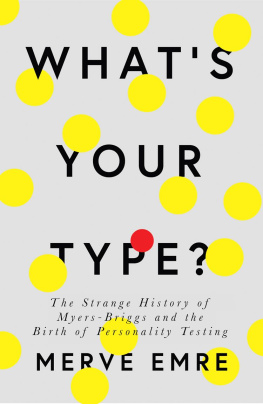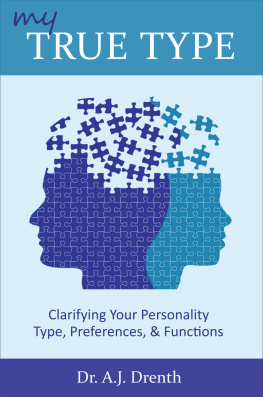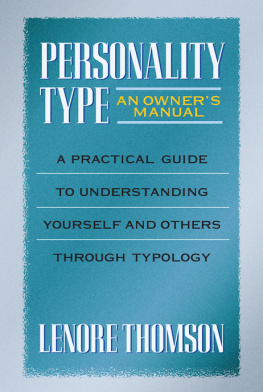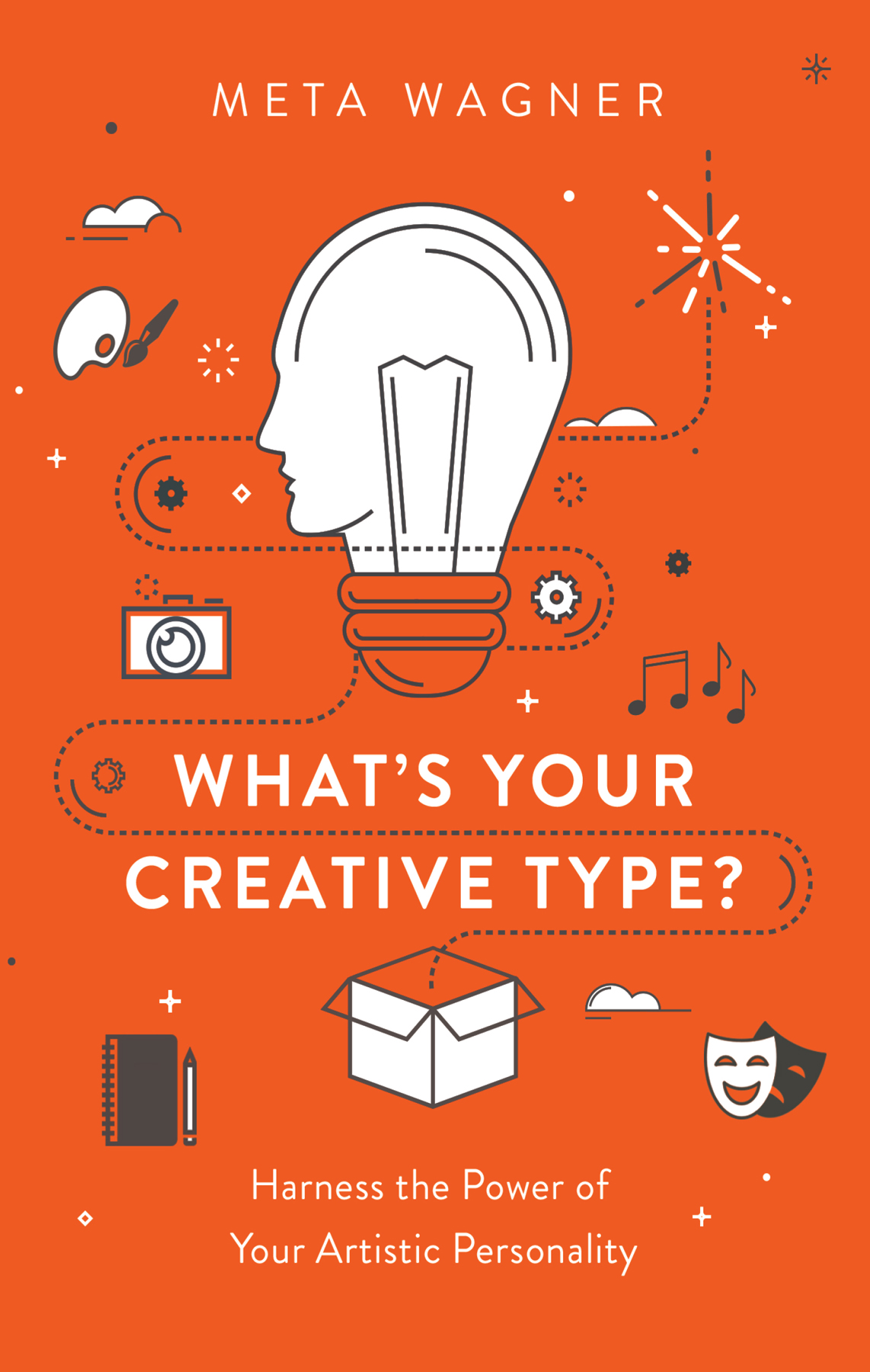All rights reserved. No part of this book may be reproduced or transmitted in any form without written permission from the publisher, except by reviewers who may quote brief excerpts in connection with a review.
Library of Congress Cataloging-in-Publication Data for this book is available.
Published by SEAL PRESS, an imprint of Perseus Books, LLC, a subsidiary of Hachette Book Group, Inc.
For my mother (long gone but always with me) and father: the greatest cheerleaders for creativity I could have ever asked for.
.
W ASSILY K ANDINSKY, C ONCERNING THE S PIRITUAL IN A RT
D o any of these descriptions fit you?
Youre the funniest person no one knows. Well, your friends know you, and they think youre hilarious. They keep saying you could be the next Louis C.K. or Amy Schumerwith a Seinfeldian twist. You figure your dream of becoming a stand-up comic (with your own sketch comedy show someday) is childish and impractical. Yet, if you developed five minutes of material, you just might bring down the house at Chuckles Comedy Club, and who knows where that could lead.
Or, youve got a dirty little secret: for months you were drafting a novel, even getting up at five most mornings to write before leaving for your office job. But, you couldnt decide if your thriller was brilliant or worthless, and so you stopped writing, mid-sentence, on page 84 (the sentence reads, And then she picked up the knife hed just sharpened yesterday and plunged it into _________). Yet every now and then when you come across the folder in your documents named First Novel, your pulse races and you swear you can feel the adrenalin course through your veins and you move the cursor so it hovers over that damn folder but something keeps you from clicking on it.
Or, youve made it! Youve had a successful career as a painterone of your paintings even hangs in the Contemporary Arts Center in Cincinnatiand youve had some gallery shows over the years in Boston and Philly and once in Tokyo. One well-known art critic even called you a twenty-first-century Salvador Dali. Its not how you see yourself, but you saved the link and held on to the clipping anyway. Youve even managed to make a solid living doing the thing you love. Lately, however, you worry youre losing your mojo and a new generation of artists is getting all the commissionsand threatening to put you out of commission.
If these or similar tales of woe feel familiar to you, congratulations! Youre following in the grand tradition of creative masters throughout the centuries who also struggled to get going, overcome doubts, or stay motivated over the long run. Did you know, for instance, that, before he penned Leaves of Grass at the midpoint of his life, Walt Whitman was a jack-of-all-trades: carpenter, schoolteacher, printer, journalist, and the author of a temperance novel? One critic even commented, , twenty-two years before the true end of his career, even leaving the stage with the lyrics from the song Angel Eyes, Excuse me while I disappear? And yet, they all entered the pantheon of creative gods.
What allowed these artists to pursue their passion despite their doubts and fears?
Each of them possessed something beyond pure talent, dedication, opportunity, or luck, something you may not have identified within yourself yet: These creators knew why they created.
They were conscious of their motives, their purpose, their goals. Many even spoke and wrote with impressive insight about their why. An understanding of their motivations was the driving force behind their work, and its what propelled each of them to such wondrous heights. This awarenessand the subsequent creative boostsis a trait that defines countless prolific, powerful, satisfied artists.
So, if you want to enhance your creativity and reach your artistic potential, you, too, must first understand why you create.
Whether youre a student with artistic inclinations, an accomplished artist whos weighing the next steps in your career, a Gen Xer or Boomer who wonders why you ever gave up playing the sax or drawing pastel landscapes (activities you once loved), or a retiree tentatively trying quilting or jazz dance for the first time, understanding your artistic motivations matters. And recognizing your fears and self-defeating tendencies matters, too.
Think of it this way: In most areas of your life youre probably pretty clear about why you do the things you do, right? When it comes to being creative, however, most people havent thought about why its important to themthey just know it is. Yet, doing something in the arts isnt a requirement. No ones demanding you become a poet or painter or videogame designer. Also, as youve probably noticed, creativity is not the most surefire way of earning an income. Regardless, history shows us people will find a way, somehow, to pursue their artistic passions against all odds. There must be reasons for this sort of dogged devotion.
Your own desire to express yourself creatively is a case in point. You could be sitting on the couch night after night, binge-watching all eighteen seasons so far of Law & Order: SVU. (Not that theres anything wrong with that!) Instead, something calls to you, gets under your skin, makes you reach for your journal and scribble notes for your novel, audition for the role of Mimi in your schools production of Rent, knit a scarf of your own intricate design, or write lyrics with a powerful feminist message.
When youre able to scratch your artistic itch, nothings better. But when the words arent flowing or you feel like no one gets you or the tickets arent selling, its frustrating and ego-deflating.
In those moments, its hard not to feel discouraged, even despondent, and these feelings can make it hard for you to move forward on a project. Writers, at least, have a term for when theyre feeling stuck: writers block. But creative people of all stripes experience that same awful feeling of stuckness at times.
And, so, knowing why you createfiguring out your impulses and drives and motivationsand also becoming aware of your creativity-killing fears and attitudes can make all the difference between giving up and doing the imaginative work you really want to do. It can lead you to the relief and satisfaction that comes when youve made it through an impassethat ahhhhhhh feelingthat makes the struggle worthwhile.
The Concept of Creative Types
A nd now weve come to the heart of the matter: identifying your creative type. A creative type is an artistic personality profile based on what motivates a person to do creative work. The concept of motivation types grew out of the extensive research and thinking Ive done for a seminar I teach at Emerson College, Creativity in Context, which explores the question, Why do people create? It struck me that most studies of creativity focus on






